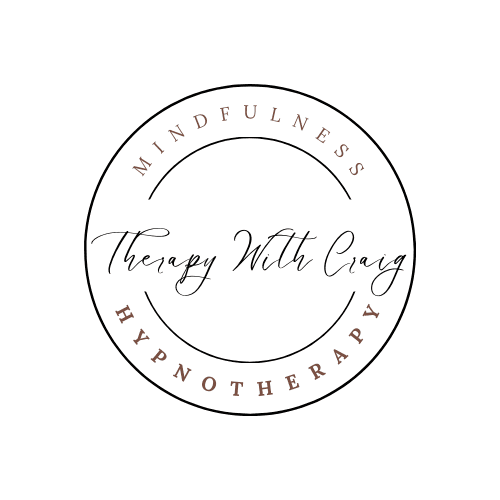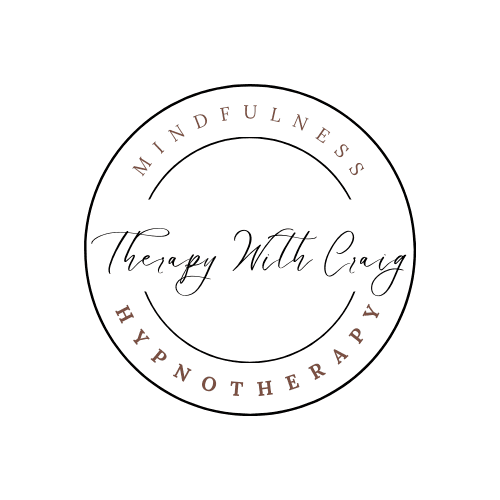"I Should Just Get Over It"
Understanding and Overcoming the Habit of Minimising
Have you ever caught yourself thinking or saying things like, “Other people have it worse,” “It was a long time ago,” or “I just need to get over it and let it go”? If so, you might be engaging in a common cognitive distortion known as minimising. While this tendency is natural, it can sometimes prevent us from fully processing our emotions and experiences. Let’s explore what minimising is, why it happens, and how you can start to challenge this habit for a healthier, more compassionate approach to your feelings and past experiences.
What is Minimising?
Minimising is a way of thinking that downplays the significance of events, emotions, or experiences. It’s a mental shortcut we often take to protect ourselves from uncomfortable feelings or memories. Here are some common examples of minimising statements:
- “Other people have it worse.” This thought suggests that your struggles are insignificant compared to others. While it’s true that everyone’s experiences are unique, this thinking can make you feel guilty for having your own pain.
- “It was a long time ago.” This phrase implies that past hurts or challenges are no longer relevant. However, unresolved issues from the past can still impact your present well-being.
- “I just need to get over it and let it go.” This statement pressures you to dismiss your feelings, often without addressing the underlying issues.
Why Do We Minimise?
Minimising serves as a defence mechanism, helping us avoid confronting painful emotions. Here are a few reasons why we might minimise:
- Fear of Vulnerability: Acknowledging pain or difficulty can make us feel exposed or weak. Minimising allows us to maintain a façade of strength.
- Cultural and Social Conditioning: Many cultures and social circles promote the idea that we should be strong, resilient, and stoic. This conditioning can make us feel ashamed of our vulnerabilities.
- Lack of Awareness: Sometimes, we simply aren’t aware of how much we’re downplaying our experiences. It becomes a habit, often without our conscious realisation.
The Cost of Minimising
While minimising might seem like a quick fix, it can have significant drawbacks:
- Unresolved Emotions: By dismissing your feelings, you may never fully process or heal from them. This can lead to lingering anxiety, depression, or resentment.
- Low Self-Worth: When you downplay your own experiences, you may also diminish your self-worth, leading to feelings of inadequacy or guilt.
- Strained Relationships: Minimising can affect how you relate to others. If you dismiss your own experiences, you might also invalidate the feelings of those around you, straining your relationships.
Breaking the Cycle: Steps to Challenge Minimising
Changing the habit of minimising takes time and practice. Here are some strategies to help you move towards a more balanced perspective:
Acknowledge Your Feelings: Start by recognising and accepting your emotions. It’s okay to feel sad, angry, or scared. These feelings are valid and important.
Challenge Negative Thoughts: When you catch yourself saying, “Other people have it worse,” pause and ask yourself, “Does this thought help me?” Try to replace it with a more balanced thought, such as, “My feelings are valid, and it’s okay to seek support.”
Practice Self-Compassion: Treat yourself with the same kindness and understanding that you would offer a friend. Remember, everyone has struggles, and it’s okay to take time to heal.
Seek Support: Talking to a trusted friend, therapist, or support group can help you navigate your feelings. Sometimes, sharing your experiences with others can provide new perspectives and reassurance.
Reflect on Your Journey: Keep a journal or create a “feelings log” to document your emotions and experiences. This can help you see patterns and progress over time, reinforcing the validity of your feelings.
Conclusion
Minimising is a natural but unhelpful habit that can keep you from fully embracing your emotions and experiences. By recognising this tendency and actively challenging it, you can cultivate a more compassionate and realistic understanding of your journey. Remember, your feelings are important, and you deserve to honour them without judgement. Whether you’re dealing with past trauma, current stress, or everyday challenges, taking the time to acknowledge and address your emotions can lead to greater peace and well-being.
If you find yourself struggling with minimising, consider reaching out for support. Together, we can work towards a more fulfilling and emotionally balanced life. You don’t have to navigate this journey alone.

